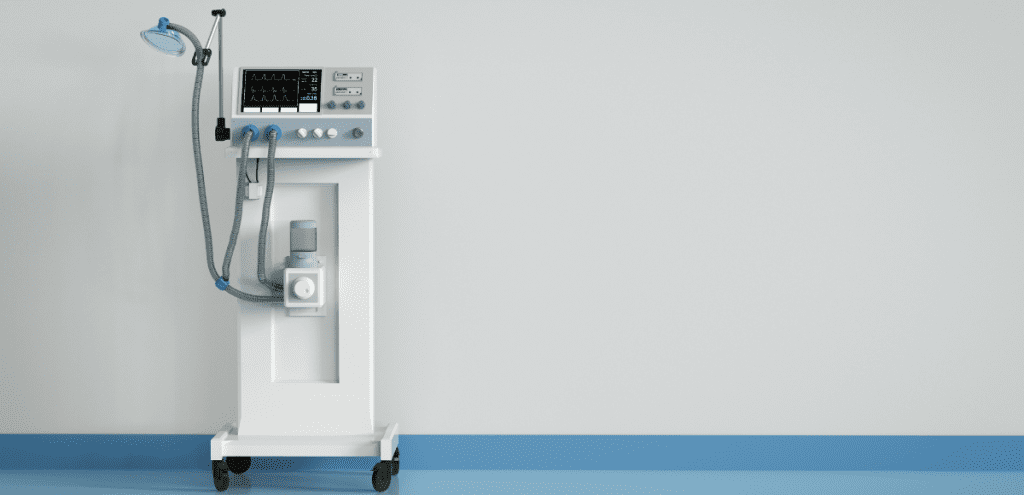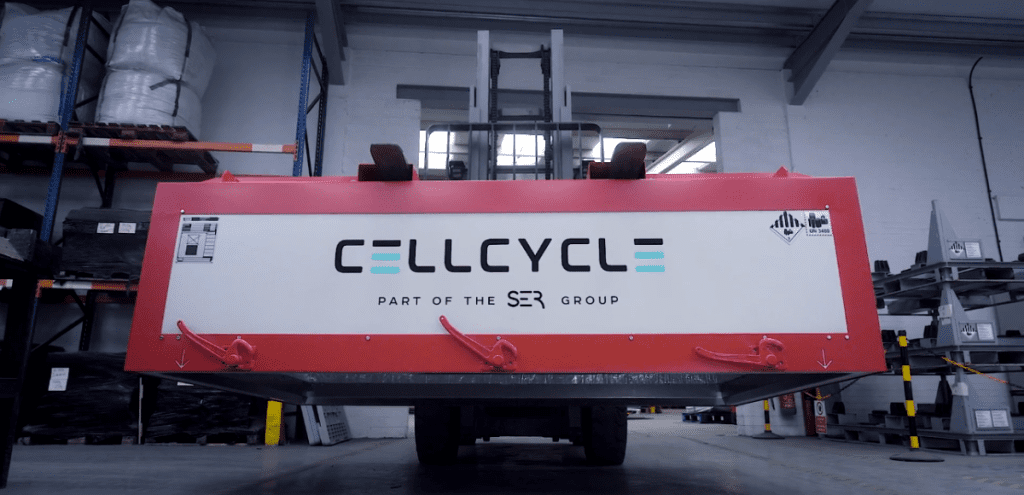Hospitals and healthcare organisations rely heavily on lithium-ion batteries, more than one might initially imagine. From portable diagnostic tools to life-saving medical equipment, lithium-ion batteries are embedded throughout modern healthcare systems. Devices such as infusion pumps, defibrillators, portable ultrasound scanners, patient monitoring equipment, and even medical-grade laptops and tablets all utilise lithium-ion batteries due to their reliability, durability, and energy density.
Hospitals, by the nature of their operation, produce significant quantities of waste batteries annually, making lithium battery disposal for hospitals an urgent matter. Improper disposal can lead to hazardous consequences for the environment and public health due to the toxic materials contained within these batteries. Therefore, adopting robust lithium battery recycling practices becomes not just a necessity but a responsibility.
Environmental and Health Risks of Improper Lithium Battery Disposal
If lithium-ion batteries from medical equipment are not properly disposed of and fail to enter the correct recycling process, hospitals risk releasing hazardous waste into the environment. The chemicals and heavy metals within these batteries, such as lithium, cobalt, and nickel, can leach into the soil and water supply, leading to severe pollution. This contamination poses serious risks to human health, potentially causing respiratory issues, neurological disorders, and other long-term health complications.
A study published in Environmental Science & Technology found that all tested lithium batteries exceeded California’s hazardous waste thresholds for cobalt, copper, and nickel, indicating their potential to harm both the environment and human health if not properly managed (NIH). Additionally, the U.S. Environmental Protection Agency (EPA) warns that improper lithium battery disposal can lead to fires in waste management facilities, endangering workers and disrupting lithium battery recycling operations.
When hospitals neglect proper disposal practices, they inadvertently contribute to environmental degradation and public health hazards. This situation contradicts the fundamental mission of healthcare institutions—to protect and improve human well-being. The indirect harm caused by improper lithium battery disposal is something we must prevent at all costs.
Aligning Battery Recycling with Hospital Sustainability Goals
Proactive lithium battery recycling for the healthcare sector aligns directly with hospitals’ sustainability goals, notably supported by initiatives such as the NHS Net Zero strategy and international carbon reduction commitments outlined by healthcare authorities and the World Health Organisation (WHO). According to the NHS’s Greener NHS report, efficient recycling of materials, including lithium battery disposal for hospitals, is essential for reducing the environmental footprint of healthcare operations. Furthermore, responsible recycling practices enable hospitals to comply with regulatory standards such as ISO 14001, positively influencing their sustainability reports and enhancing their ability to meet mandatory environmental certifications and targets.
By implementing structured lithium battery recycling programmes, hospitals can ensure that used batteries are collected, processed, and repurposed safely, reducing environmental impact while recovering valuable materials. Organisations like Practice Greenhealth offer guidelines on sustainable lithium battery disposal management practices tailored for healthcare settings (Practice Greenhealth).
The Path Forward
As medical technology advances and the reliance on lithium-powered devices increases, the responsibility to manage their end-of-life cycle properly becomes even more critical. Hospitals and healthcare organisations should take a proactive role in ensuring the safe and responsible lithium battery disposal from medical equipment. By implementing structured lithium battery recycling programmes and partnering with certified recyclers, they can significantly reduce the risk of hazardous battery materials polluting the environment and harming human health.
This is not just about meeting sustainability targets—it is about safeguarding the well-being of patients, staff, and communities. Every hospital and healthcare provider has a duty to prevent toxic battery waste from entering landfills, contaminating water sources, or causing dangerous fires. By prioritising proper lithium battery disposal for hospitals and promoting lithium battery recycling, healthcare organisations can reinforce their commitment to environmental responsibility while protecting public health. The time to act is now—ensuring lithium-ion batteries are managed sustainably is not just a choice, but a necessity for a healthier future.


